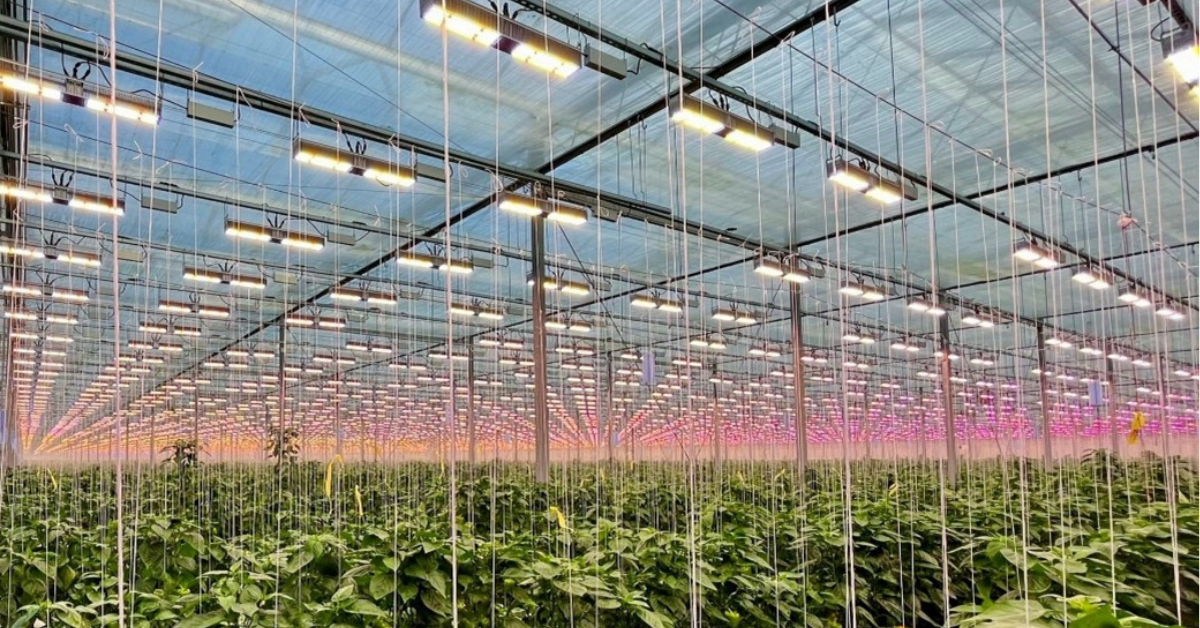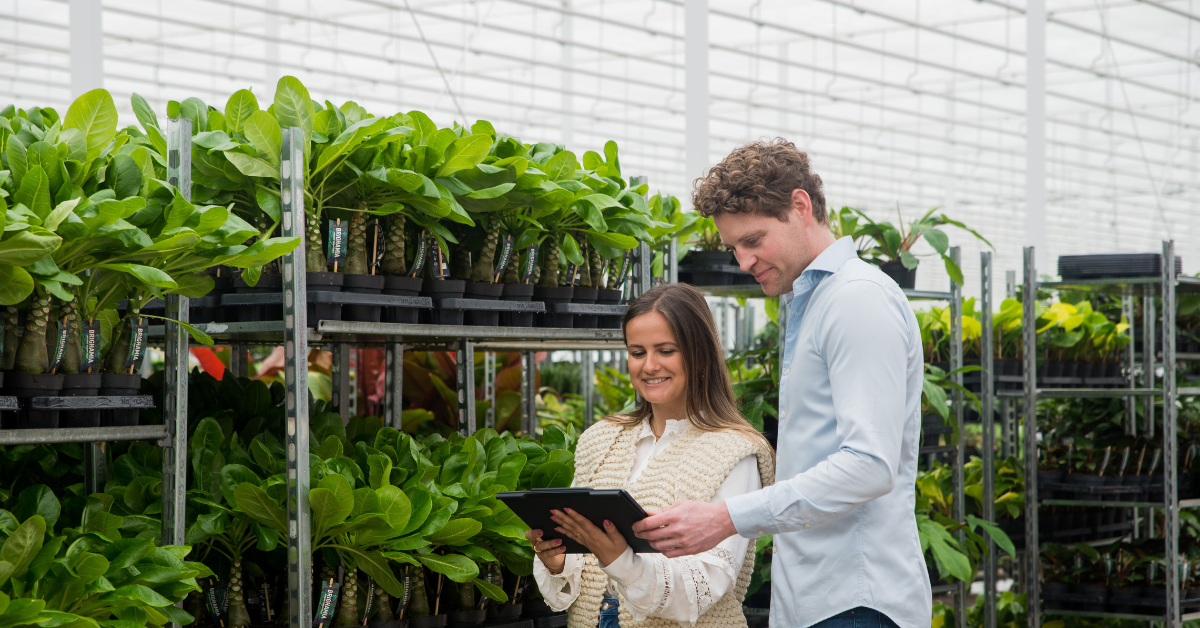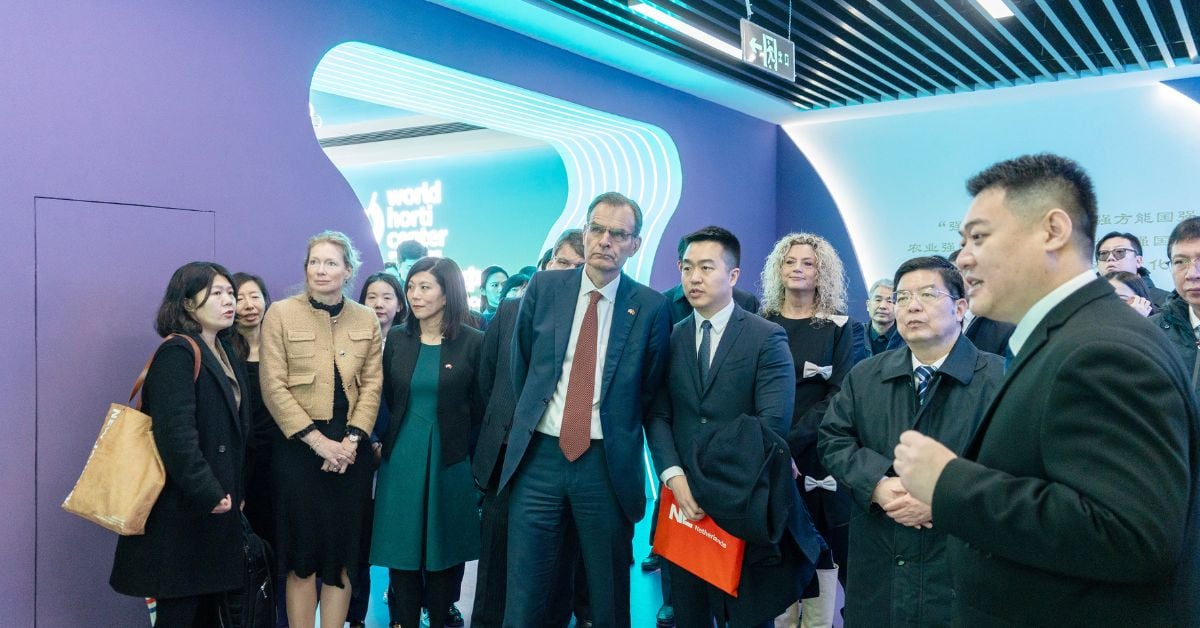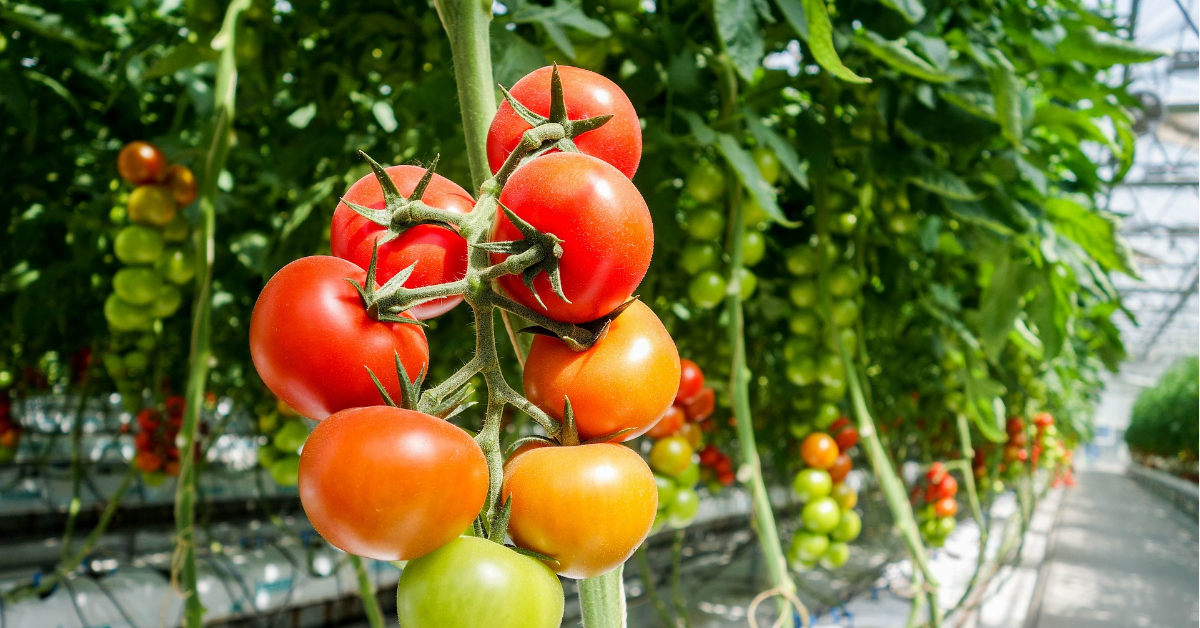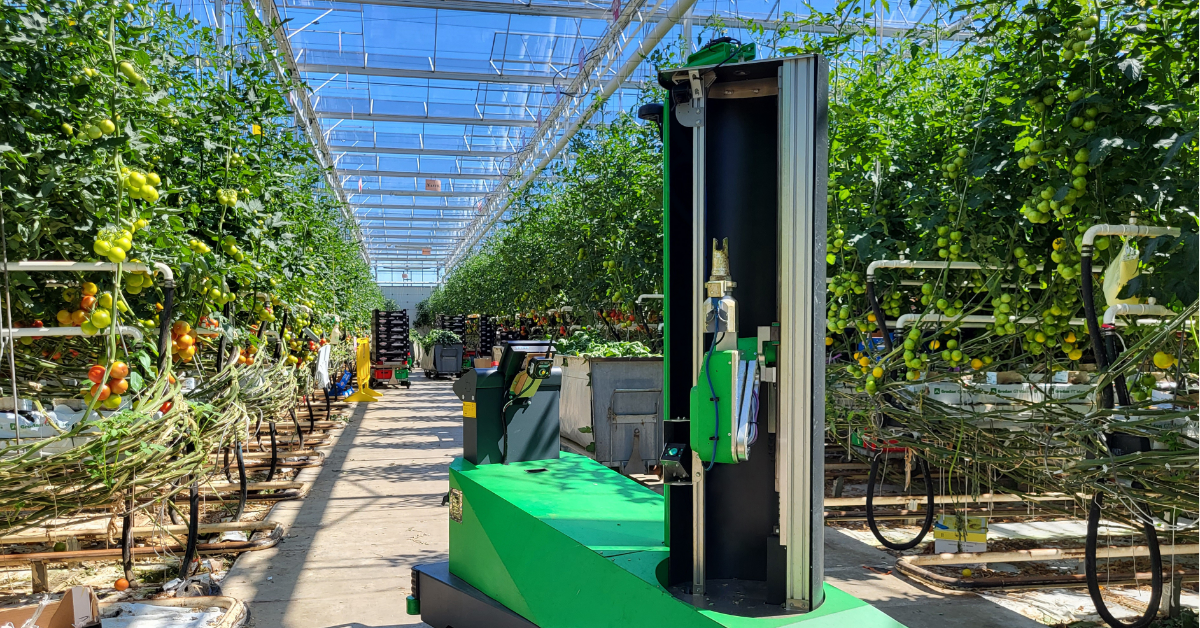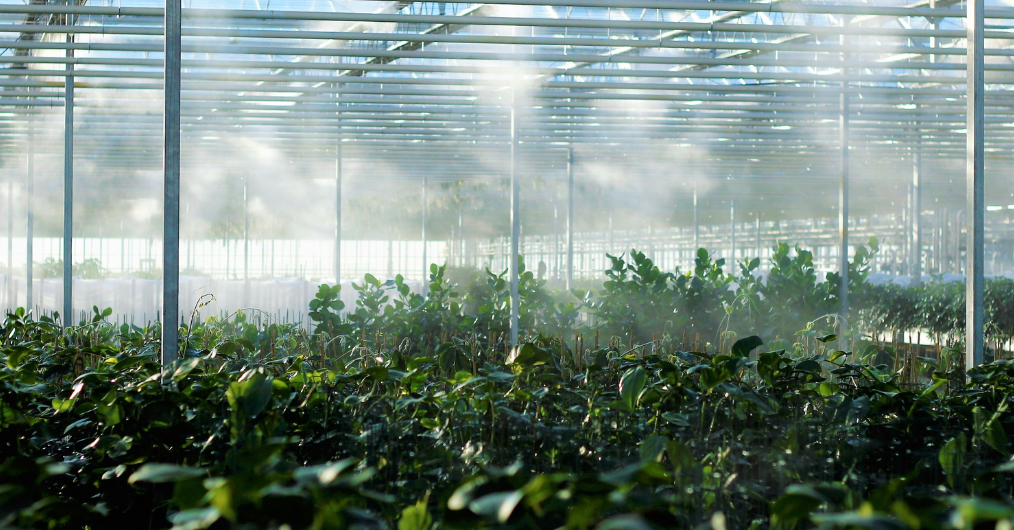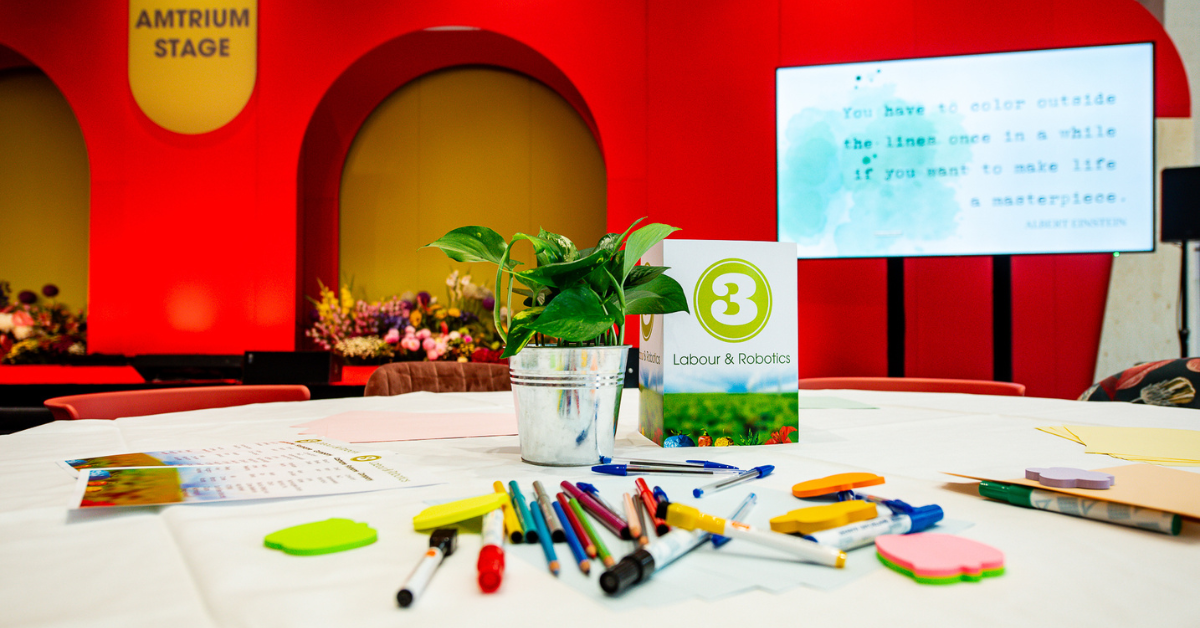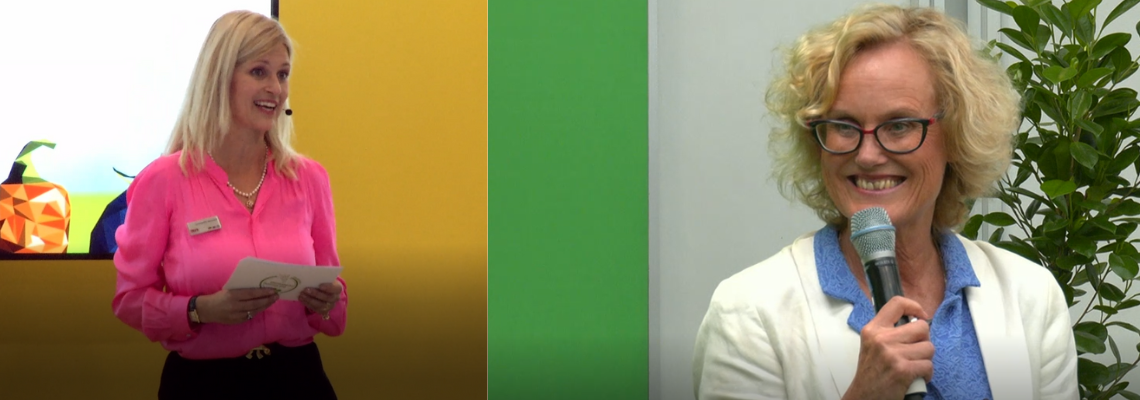Horticulture, the technology part in particular, is quite a masculine driven sector. There is nothing wrong with that, of course. However, a more inclusive approach can contribute to an even more successful sector, say Eva Dahlqvist, Karin van der Eijk and Mariska Dreschler.
Horticulture is developing worldwide at a rapid pace. More and more new companies are added to the industry and the growing world population drives the demand for smart food production systems. Governments want to be less dependent on the import of food and be more self-sufficient. Protected horticulture is getting more popular as well, due to climate change and better crop control. The horticulture market is still growing. There is a big increase of investments in agtech worldwide. Green is hot. On the demand side we see investors, governments, policymakers and on the supplier’s side we see industry leaders from outside the sector such as automotive, robotics and IT entering the horticulture market.
Encouraging female governance
High tech horticulture needs to adapt to these new customers, because growing populations need smart, regional solutions in cooperation with these other sectors. Other sectors can also inspire and help the horticulture with their new solutions to produce more sustainable. Think about the (renewable) energy sector with geothermal and solar/wind, the automotive industry (automation, robotization), water treatment solutions from the water sector etc. In order to adapt to these changes, a more inclusive approach can play an important role, says Eva Dahlqvist. She started The Ladies Circle (TLC) five years ago together with her friend Flora Späth and some business friends. It is a European network of ladies in leadership positions within the floricultural sector. “Currently women are still underrepresented in floricultural management. But we believe women have a different perspective and can contribute with an alternative approach towards business leadership. By encouraging female governance in our beautiful industry, it will complement successful male leaders and their viewpoints, and lead to increased diversity and balance. We therefore all agreed that there was a need for women in leading positions to get together and inspire each other. Since we started, I have been one of the initiators and leaders of the organization, trying to encourage female leaders to help each other grow and develop and to support each other.”
Dahlqvist herself is a daughter of four generations of growers in Malmö, Sweden. She received a Master of Science in Horticulture and worked all her life in the green sector. She started locally in Sweden with sales and giving crop advice, worked in managerial positions in sales and marketing in Europe and finally became category leader for IKEA, where she was in charge of the procurement of plants in all their stores worldwide.” When Dahlqvist left IKEA, she started as a consultant and worked at Van Dijk Flora for four years. First as a Sales Manager and later on as Commercial Director. Currently, she is an international business consultant. “I did not find it difficult to build a career, but at the beginning of my career I observed a few times that I was not promoted as expected, which I could only explain with my gender. But I do not think there is any difference in becoming successful as a man or a woman. It’s your network and your relationship with people who can help you, that is important to become successful. And you need support at home because nothing comes for free. I have worked hard all my life, but this was only possible with some support for the children and the household.”
New insights towards the future
Mariska Dreschler, Director Horticulture at GreenTech, agrees with Dahlqvist. “The horticulture technology market is quite a masculine driven sector. Which on its own is of course more than fine, as it is a very successful industry, no doubt. However, I believe that a more inclusive approach is for sure of great importance and can contribute to an even more successful sector. Not only for women, but also for young professionals and even the elderly (retired) professionals. I believe that by looking at a holistic approach, from different perspectives, we can face challenges which also gives us new insights towards a brighter future.” Dreschler says every person has its own Unique Selling Point. “Whatever gender you are, believe in your gut feeling. The intuition is one of the best guidelines to follow if you are on the right track. If we would only copy what we have learned and if we only listen to the loudest voice, the person with the biggest ego and voice will be heard and we will not improve and innovate. We will stagnate, and stagnation is decline. If every person puts their own skills, their own uniqueness in the process, you will be successful one way or the other.”
The Ladies Circle, started by Eva Dahlqvist, organizes inspiring and informative network events to facilitate valuable connections and sharing of experiences. This year, The Ladies Circle had a meeting during GreenTech Amsterdam. “We have done a lot of company visits and heard presentations on various topics since we started”, says Dahlqvist. “Our meetings always end up with a drink and networking. During Covid we also organized meetings online, but our preference is to meet in person to encourage networking.” One of those persons is Karin van der Eijk. Although she is not a big fan of ‘women's clubs’, she fully supports The Ladies Circle. “It's nice to occasionally exchange ideas about issues you run into. In addition, it is also a network in which you can help each other or draw attention to certain matters. That can also be an interesting job at a company with which you have a connection.”
In an equal way
Alongside with two partners, Van der Eijk is director of VDE Plant in Woubrugge, the Netherlands. The company cultivates around 30 different types of tropical houseplants in a sustainable way. In addition, VDE Plant offers a plant concept on water, called Hydroponics. “From an early age I have been responsible for the cultivation and energy and for any malfunction of the equipment. I have an active role in this, which means that, especially during the early days, there were sometimes mechanics who wondered whether that 'girl' knew what she was talking about. All the technicians of the companies we now work with, know what's going on, so we communicate in an equal and pleasant way.” Van der Eijk points out that women are active in the board or management of more and more companies in the Netherlands. “When I took over the company, I was just one of a few women in management positions, but today there are now more and more women in leading positions. Men and women are different, they have different qualities, but between women there are also differences. For me it’s all about having the right person with the right qualities at the right place. It has been scientifically proven that teams with a spread between the number of men and women perform better.”
Mariska Dreschler also experiences this in the GreenTech team. “You can focus on the end result and use that as your management style, but the way to achieve those results as a team and the contribution of each team member individually is just as important. With a mutual goal, there is room to explore how you are going to achieve the results. By consciously giving space to one another, you will find new and surprising ideas which lead to exciting and even better results. And that automatically accelerates the team spirit.”
To women with ambition in horticulture, Eva Dahlqvist says: “Get a mentor, and find people who can support and help you. Work on your network, both men and women, and last but not least: help each other!” Karin van der Eijk agrees: “Be yourself and ensure diversity within the teams. If you run into something, ask for advice from people around you. It is always nice to talk with people and exchange ideas. This can help others, but also yourself.”
